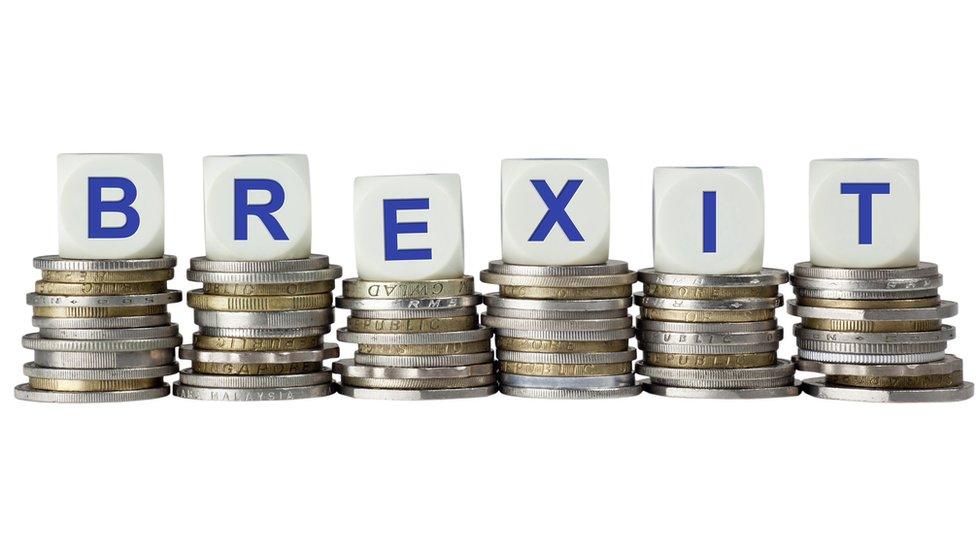Brexit: Who is affected by the falling pound?
- Published
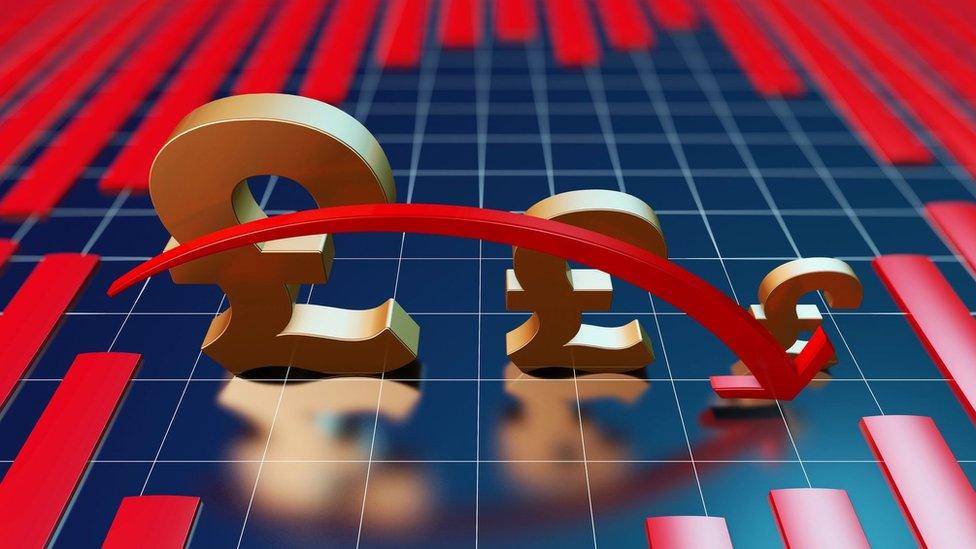
The pound has fallen to its lowest level in more than 30 years against the dollar, following the UK's vote to leave the European Union. Who is directly affected?

Shoppers
How the falling pound could hit shoppers
The UK imported more than $625bn (£474bn) of goods and services in 2015; mainly from Germany, China, the Netherlands, the United States and France.
A falling pound means that these imports will become more expensive - leading to price rises on the High Street.
"The weak pound will have an impact on prices, especially clothing and electricals, where the majority is imported from abroad," says retail analyst Maureen Hinton of Verdict Retail.
But this won't happen immediately as retailers buy the foreign currency they need to pay for their imports in advance, she says. The weaker pound is "probably not going to hit prices until later in the year".
There has also been a warning that supermarket prices could rise if the pound's fall continues.
Meanwhile, motorists are likely to find the cost of filling up with diesel or petrol is set to rise more quickly.
"The fall in the value of the pound against the dollar is likely to make the wholesale cost to UK retailers higher," says the RAC's Pete Williams.
"A price rise of around 2p per litre is likely in the next week."

Holidaymakers
How might Brexit affect your summer holiday, asks the BBC's Simon Gompertz
When you travel abroad, your pounds will now buy you fewer euros or dollars after the Brexit vote. The cost of accommodation will rise and your spending money won't go as far as it did last week.
How much you lose out depends where the pound finally settles.
Tour operators can impose surcharges when the cost of a package holiday rises because of currency changes or higher fuel costs - even after the holiday's been booked.
The firm has to absorb the first 2% of any increase, though if the surcharge goes above 10% then you have the right to cancel the trip.
When it comes to how much your flights will cost, this situation is less clear and depends on the airline and whether the price is in pounds or euros.
Easyjet and Ryanair have argued that flights will become more expensive. But British Airways' owner - IAG - says Brexit will not affect business.
Indeed, the UK's own domestic tourist industry could get a boost from the weaker pound - with more of us choosing to holiday in the UK.

British expats
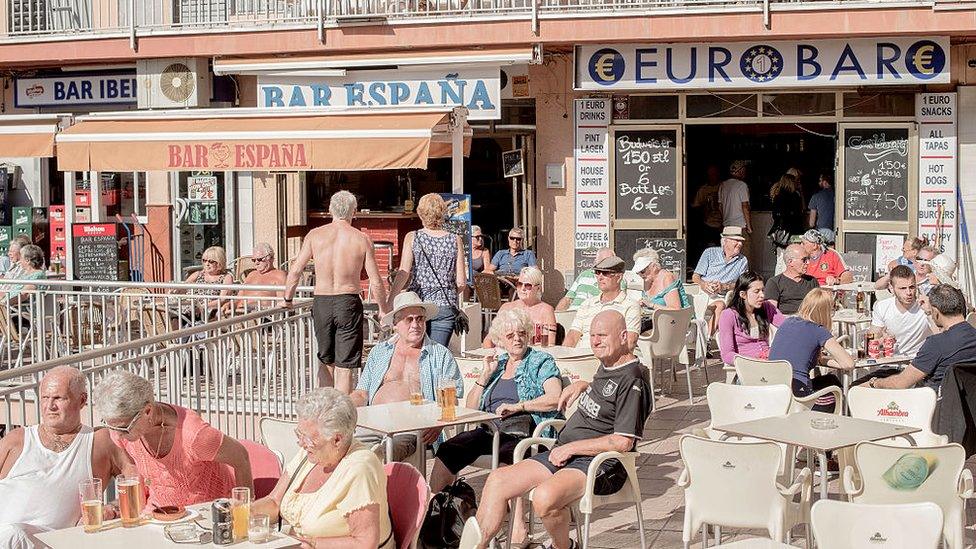
Nothing will change for the next two years - after that things are less clear
Spain, Ireland and France are the most popular destinations for British expats. For those who are paid in sterling, their salaries and pensions are worth significantly less given the pound's fall against the euro, meaning their purchasing power will fall in the country they're living in.
For much of 2015 the pound would buy you between €1.35-1.45. This year sterling has weakened against the euro - and has lurched further downwards since the Brexit vote to about €1.20. It amounts to a fall of about 11% in UK pension incomes for those expats in the EU.
Of course, if you are currently working in the EU and paid in euros, then you're insulated from this.
As for the future right to live and work in the European Union, nothing will change until the UK actually leaves the EU. After that it all depends on the deal that has been reached. Expats may lose their automatic right to work within the EU area and be asked to apply for Blue Cards. , external

Businesses

More than eight out of 10 cars made in the UK are sold abroad
The falling pound is good news for exporters because it means that their products become cheaper for foreign customers to buy, and thus more competitive.
However, uncertainty surrounding what happens now is unsettling firms, who are calling for the government to ensure economic stability.
Currently, UK companies are able to trade with the EU on a tariff free and quota free basis. What happens after the UK leaves the EU is unclear.
Business Secretary Sajid Javid has said keeping the UK's access to the single market will be a priority during negotiations with the European Union. His remarks followed a meeting on Tuesday with UK business groups to discuss the Brexit vote.
- Published27 June 2016
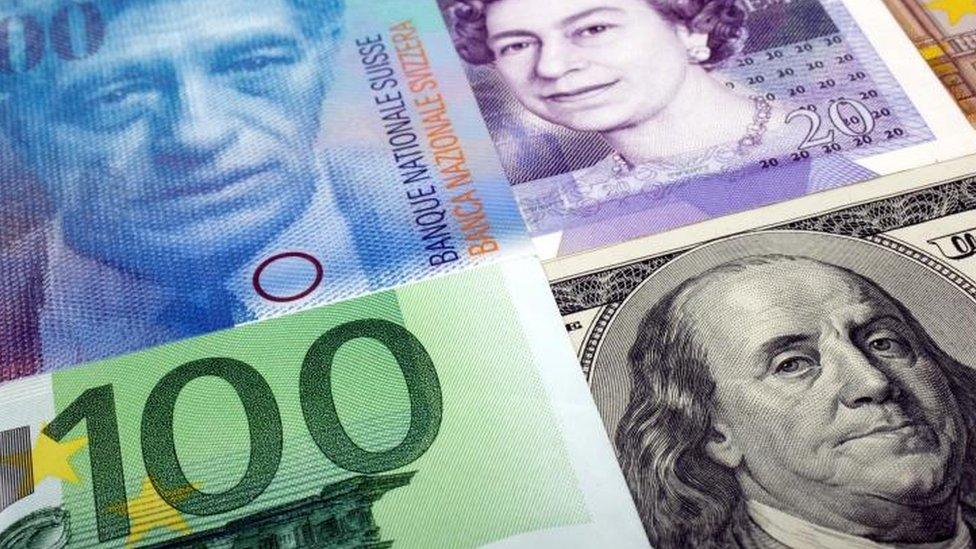
- Published27 June 2016

- Published27 June 2016
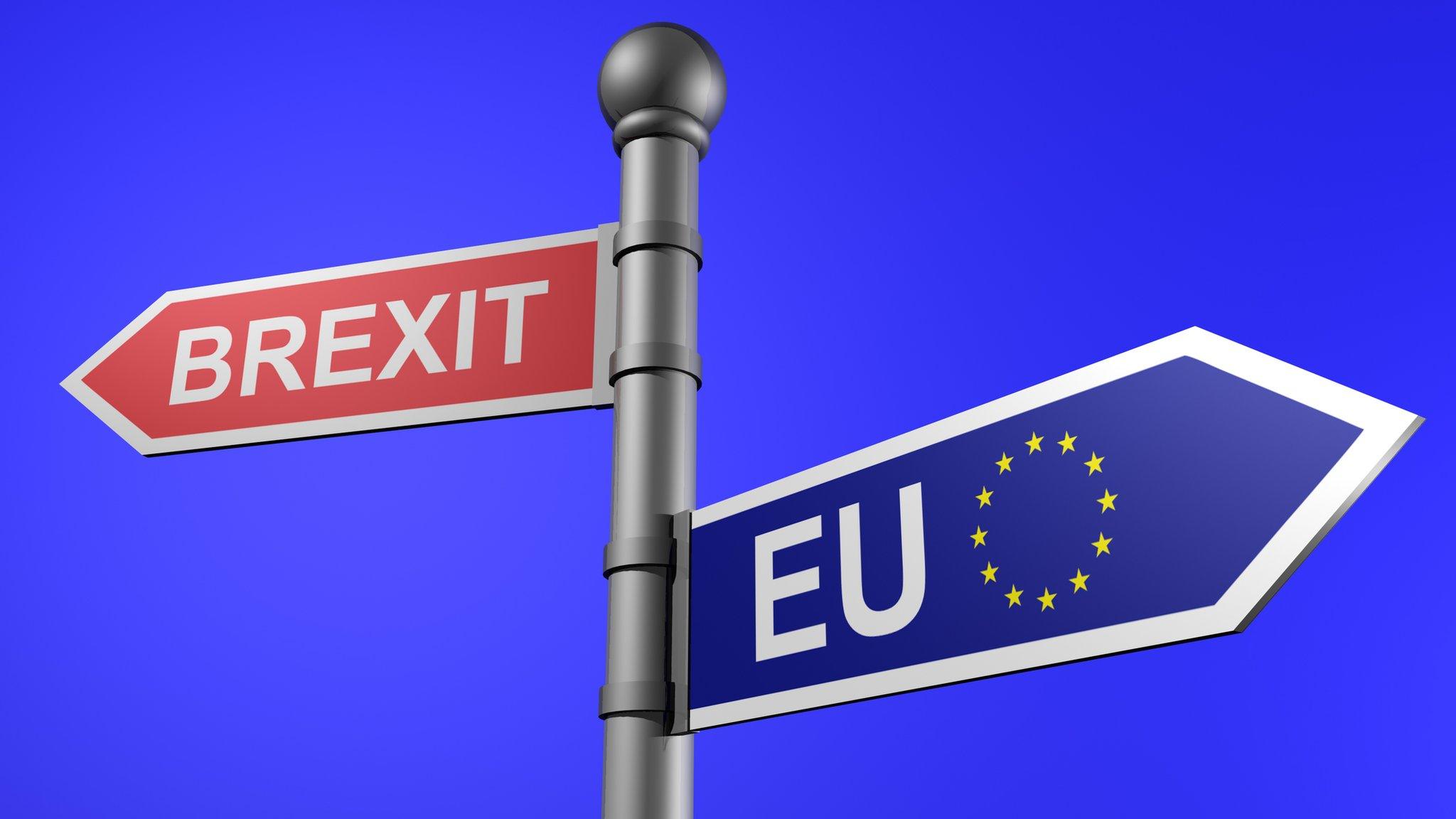
- Published24 June 2016
